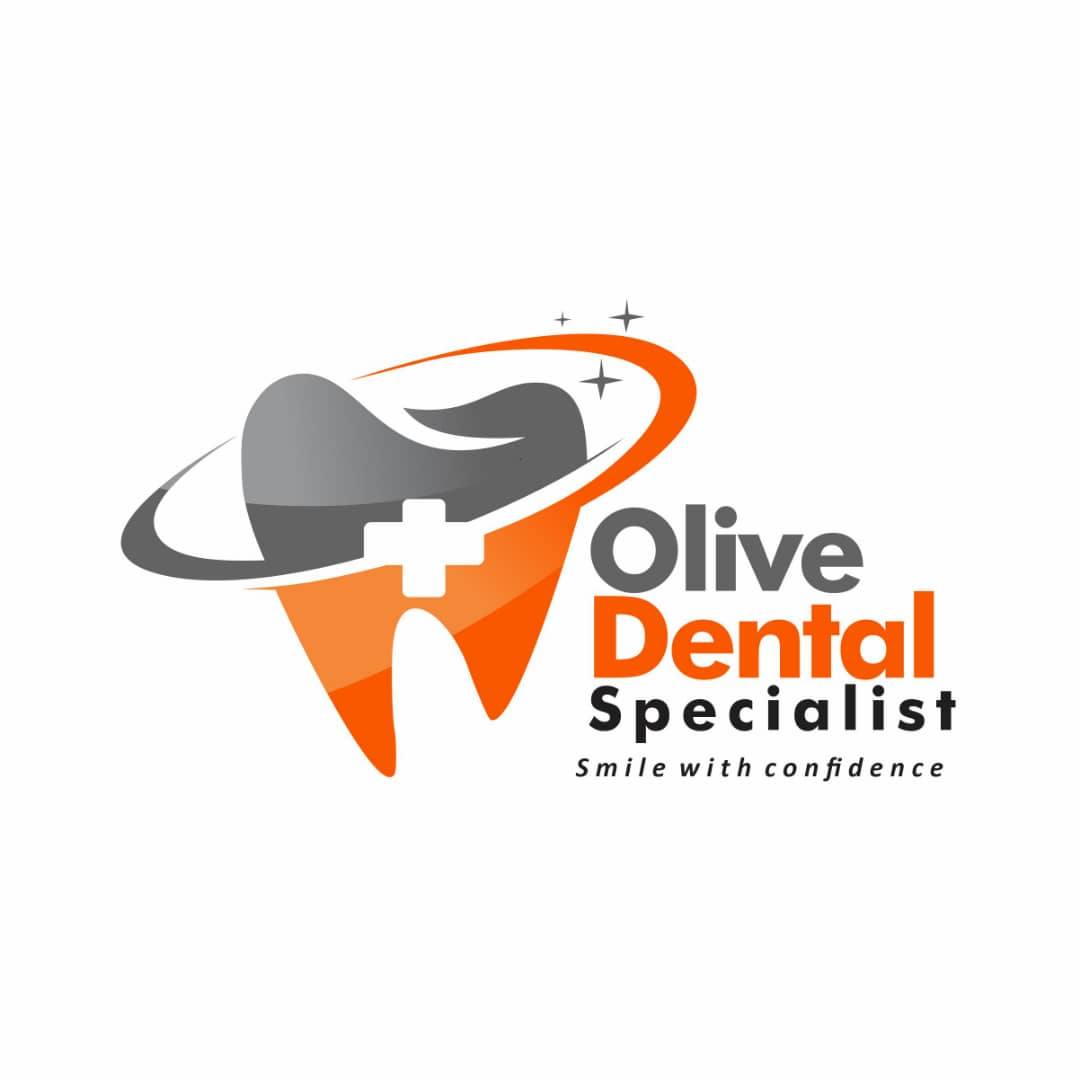When it comes to maintaining good oral hygiene, one of the most critical things to understand is how sugar impacts your teeth. We all know that overindulging in sweets can lead to cavities, but the reasons behind this are not always as clear. While natural sugars found in fruits are less harmful, refined sugars present in candy, ice cream, and soft drinks can wreak havoc on your oral health. This blog will explain why sugar is so detrimental to your teeth, the difference between various types of sugars, and how you can protect your smile from the damaging effects of sugar.
At our dental clinic, we are dedicated to providing comprehensive dental solutions that enhance both oral health and confidence. Let’s dive in to learn why cutting down on sugar is one of the best things you can do for your teeth!
1. How Sugar Impacts Oral Health: A Bacteria Feast
Our mouths contain a variety of bacteria, some of which are beneficial and some that can be harmful. The harmful bacteria thrive on sugar, and when we consume sugary foods and drinks, we are essentially feeding these bacteria. This results in the production of acids that damage the enamel on our teeth, leading to cavities.
The Role of Bacteria Bacteria in the mouth feed on sugars and produce acid as a byproduct. The acid attacks the enamel, which is the hard, outer surface of your teeth. Over time, repeated exposure to these acids causes the enamel to break down, creating cavities. Our saliva helps to counteract these effects by neutralizing acids and washing away food particles, but when sugar is involved, it becomes a losing battle.
Plaque and Acid Production When you consume sugar, the bacteria in your mouth quickly start to convert it into acid, which, when combined with saliva, creates a sticky film called plaque. Plaque can cling to your teeth, trapping the acid against the enamel. If not removed through regular brushing and flossing, this plaque hardens into tartar, leading to gum disease and other oral health issues.
Tip:
- Limit your intake of sugary snacks and drinks, and always brush your teeth after indulging in sweets to prevent plaque buildup. Consider using a fluoride toothpaste for added protection against decay.
2. Not All Sugars Are Equal: Different Sugars, Different Effects
Sugar is not just present in candy and soda; it is also found in a range of foods from fruits to processed snacks. However, not all sugars affect the teeth in the same way. Understanding the difference can help you make better dietary choices.
Natural Sugars vs. Refined Sugars Natural sugars, like those found in fruits, come with essential vitamins and fibers that benefit your overall health. However, they can still lead to tooth decay if oral hygiene is neglected. Refined sugars, such as those found in sweets, baked goods, and soda, are more harmful because they are processed and more concentrated. This means they stick to your teeth longer, creating more opportunities for bacteria to feed and produce acid.
Solid vs. Liquid Sugars Solid sugary snacks, like cookies, cakes, and candies, often leave a sticky residue on your teeth. This residue can be difficult for saliva to wash away, increasing the risk of cavities. On the other hand, sugary drinks, such as sodas and fruit juices, can be even more harmful. These liquids coat your entire mouth, not just your teeth, allowing bacteria to flourish throughout your oral cavity. Additionally, many sugary drinks contain acids that can cause further erosion of the enamel.
Tip:
- Opt for water or milk instead of sugary drinks, and try to limit your intake of candies and snacks that tend to stick to your teeth. Drinking water after consuming sugar can also help rinse away some of the residues.
3. The Danger of Sugary Drinks: A Double Threat
One of the most significant threats to your oral health is sugary drinks, such as sodas, sports drinks, and energy drinks. These beverages contain high amounts of sugar, often in the form of high fructose corn syrup, which coats your teeth and serves as a feast for bacteria. The acids present in these drinks make the situation even worse by eroding enamel, leading to more severe damage over time.
Why Sugary Drinks Are Worse When you drink soda, the sugar and acid linger in your mouth longer than they would if you ate solid food. This prolonged exposure means that the acid has more time to attack your enamel, causing it to weaken and making your teeth more susceptible to decay. Furthermore, some sodas contain citric acid and phosphoric acid, which can speed up the erosion of enamel.
Tip:
- Use a straw when drinking sugary beverages to minimize contact with your teeth. Better yet, switch to water or other non-acidic, non-sugary drinks.
4. Sugar and Gum Health: More Than Just Cavities
The harmful effects of sugar are not limited to cavities. Consuming excessive sugar can also lead to gum disease, a serious condition that can result in tooth loss if left untreated.
How Sugar Affects the Gums When plaque accumulates along the gum line, it can lead to gingivitis, an early stage of gum disease characterized by redness, swelling, and bleeding. If left untreated, gingivitis can progress to periodontitis, a more severe form of gum disease that affects the tissues supporting the teeth. The bacteria that feed on sugar contribute to the formation of plaque, and if it is not removed regularly, it can lead to chronic inflammation and infection in the gums.
Tip:
- Floss daily to remove plaque between teeth and along the gum line. Regular dental checkups are essential for identifying and treating gum disease in its early stages.
5. The Importance of Regular Dental Visits
While maintaining a healthy diet and practicing good oral hygiene at home are essential, nothing can replace the importance of regular dental checkups. Professional cleanings help remove plaque and tartar that regular brushing and flossing cannot reach. Your dentist can also provide guidance on how to reduce sugar intake and improve your oral hygiene routine.
Routine Checkups: Your Best Defense Against Decay Seeing your dentist twice a year for professional cleanings can make a significant difference in maintaining a healthy mouth. Regular dental visits allow your dentist to catch potential issues early before they become serious problems. Additionally, dentists can offer fluoride treatments and sealants to help protect your teeth from decay, especially if you have a sweet tooth.
Tip:
- Don’t skip your dental appointments. Regular checkups are a simple yet effective way to keep your smile healthy and bright.
Conclusion: Protect Your Smile, Reduce Sugar Intake
Understanding how sugar affects your teeth is crucial for maintaining good oral health. From feeding harmful bacteria to contributing to plaque buildup and gum disease, sugar can cause various problems if not managed properly. By limiting your intake of sugary foods and drinks, practicing good oral hygiene, and scheduling regular dental visits, you can keep your teeth strong and your smile radiant.
We are dedicated to providing comprehensive dental solutions that enhance both oral health and confidence. Our team is here to help you protect your smile from the damaging effects of sugar and achieve the bright, healthy smile you deserve.
Take Action Today:
- Schedule a dental appointment for a thorough cleaning and oral health assessment.
- Make small changes to your diet to reduce your sugar intake.
- Stay informed about how your food and drink choices impact your oral health.
Your smile is worth it!



